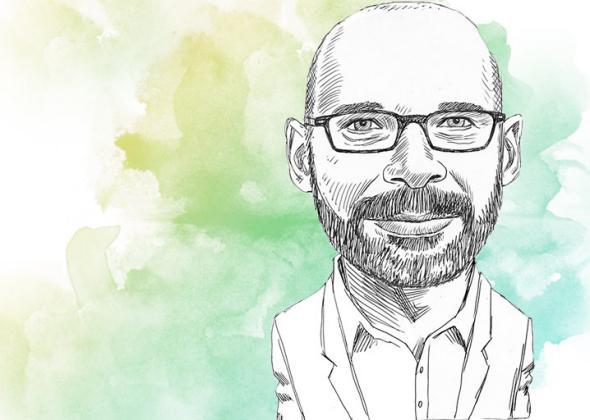Internet journalism is so fast and taut that if you don’t grab a reader in the first paragraph, you might as well not have written the piece. Back when I wrote regularly for Slate, I obsessed about ledes so much that I had a lede-drafting ritual. I would leave my office, find a quiet place, cram in earplugs, and then scrawl opening sentences on a legal pad—two, five, 10, 20 variations. If I could nail the right first sentence, the rest of the story tumbled elegantly into place.
As much as I love to read them in The New Yorker, digressive, adjectival ledes, where you spend 500 words setting up the piece, don’t work in Slate. Our best Slate ledes are funny or sharp. You could publish a whole collection of Christopher Hitchens’ Slate ledes. Dana Stevens, Dahlia Lithwick, and John Dickerson consistently kill their first paragraphs. Will Saletan can swing a bestiality joke in his opening sentence. I could go on.
Last month, John Dickerson commented in Slate Plus, “If I could rule the world and had all the money in the world I’d hire an editor to go through the best Slate writing and pick out what works. What are the 10 great ledes and why?” In the interest of brevity, I limited myself to three of my favorite Slate ledes, one from each of Slate’s decades:
A couple of months ago, when my fellow surgical residents and I went around a table divvying up nights on emergency room duty, one March date sat conspicuously unpicked—Friday the 13th. C’mon, I thought. This is ridiculous. So when it was my turn again, I put my name down for March 13. Rest up, one resident told me. You’ll be in for a long night. I laughed and dismissed the thought.
From Atul Gawande’s “E.R. and the Triple Hex: When a full moon and a lunar eclipse collide with Friday the 13th, do more accidents really happen?” published on March 20, 1998.
I like this because it starts like a ghost story. Slate can be a hyper-rational place, and this story jiggles our chill analytic sensibility. It makes the reader wonder, Hold on, is Atul—cool, brainy Atul—going to discover that Friday the 13th really is cursed?
So did Atul live to regret his laugh? You want to know, don’t you? I’m not going to spoil it for you: Go back and read the rest.
* * *
It’s OK to hate a place.
Travel writers can be so afraid to make judgments. You end up with these gauzy tributes to the “magic” of some far-off spot. But honestly, not every spot is magical for everyone. Sometimes you get somewhere, look around, and think, “Hey, this place is a squalid rat hole. I’d really rather be in the Netherlands.” And that’s OK.
From Seth Stevenson’s “Trying Really Hard to Like India,” published on Oct. 27, 2004.
I’ve read this six times today, and each time I giggle at “squalid rat hole.” The choice of Netherlands is perfection, a single word that—like some German compound noun—conveys cleanliness, boredom, beauty, and safety all at once.
* * *
Bryan Goldberg, founder of the high-trafficked sports site Bleacher Report, has launched Bustle, a website for women. Goldberg, who has raised $6.5 million to launch the site, will be the company’s CEO, but the site will be edited, written, and read by women, focusing on the issues that women care about, featuring the products that women want, and catering to the advertisers who want to reach us.
It will be the first of its kind.
From Amanda Hess’ “Man Creates Very First Website for Women Ever.” which was published on Aug. 14, 2013
This lede is a wolf in sheep’s clothing. As a Slate reader, you know there’s something wrong with its first couple sentences. Why are they so dull? Why is Slate publishing a PR news release? And then, the shiv: “It will be the first of its kind.” What follows that sentence is a gore fest, Amanda gleefully murdering a smug, arrogant, stupid publisher.
